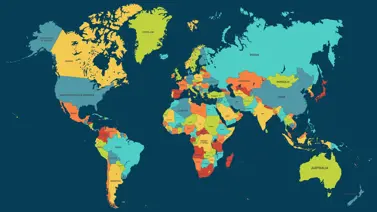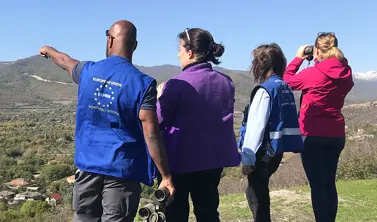From Hubris to Irrelevance: The Demise of the Western State-building Project
The unceremonious collapse in 2021 of the Western-driven state-building process in Afghanistan appears to have sounded the death knell for the broader state-building concept.
Confidence in the concept, which had become a cornerstone of international
development and security policy in the aftermath of the Cold War, had already been shaken by a series of setbacks in countries ranging from Kosovo and East Timor to Iraq and the Democratic Republic of Congo. Indeed, an overview of the performance of state-building projects over the past two decades shows that its idealistic liberal prescriptions have rarely been realized in practice.
The Western champions of state building have begun to turn their back on the concept, but the next direction they will take to address the persistent problem of fragile and conflict-affected countries is not yet clear. This thought paper will deconstruct the checkered history of state building to explore what form the post-state-building mode will take.
The problems of weak local legitimacy, rampant corruption and a lack of sustainability that have consistently plagued state-building projects figure prominently in emerging discussions about a successor concept.
While the precise contours of a post-state building framework have yet to be defined, there are indications that several themes will be influential, such as an emphasis on politically sensitive programming; more attention to local ownership and resilience; and a focus on more modest aid footprints. It appears that pragmatism will be the modus operandi for the post-state-building mode.
This paper aims to contribute to a more fulsome debate over the future of international assistance to countries emerging from conflict and acute instability, because even though international assistance in this area has had a troubled legacy, the needs on the ground remain as great as ever.









 >
> >
>

